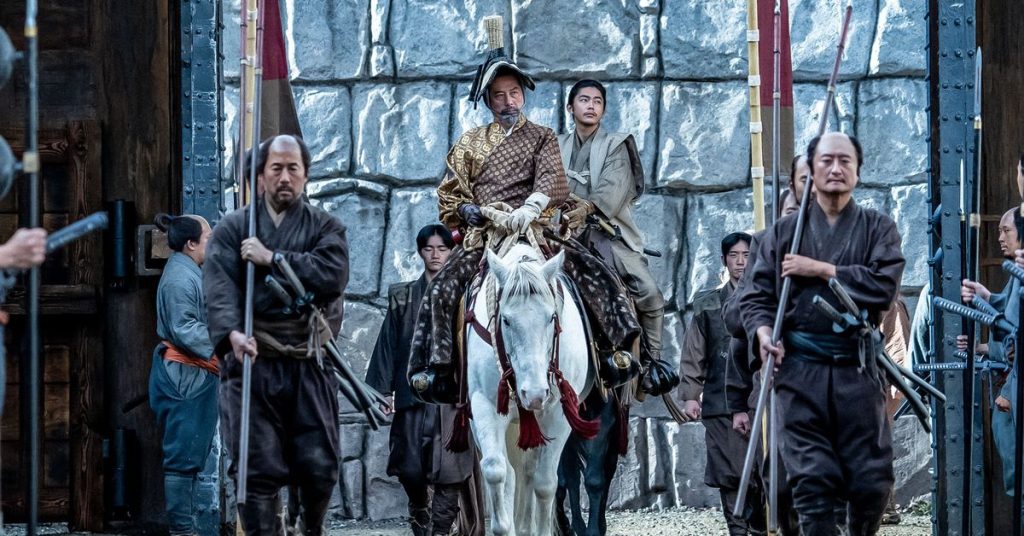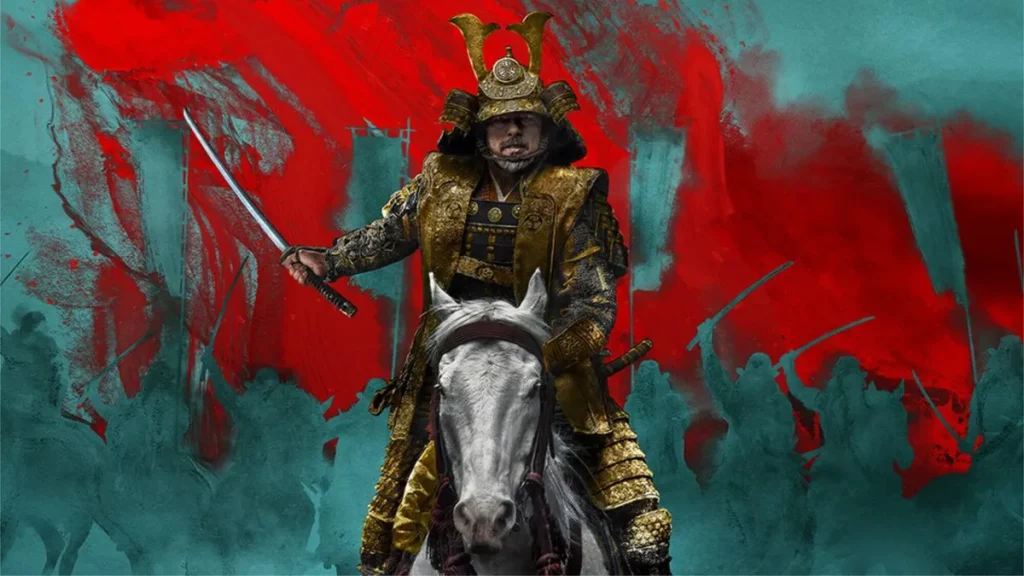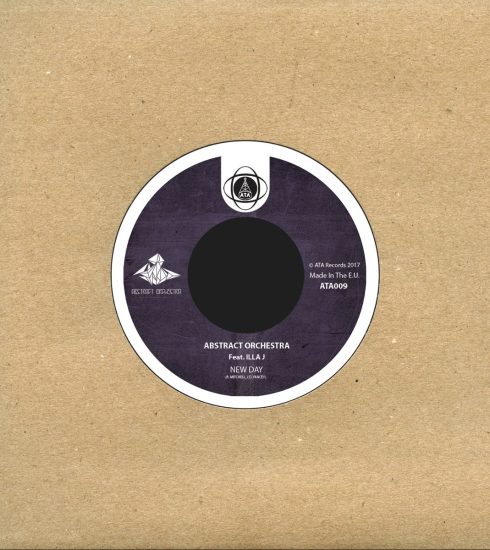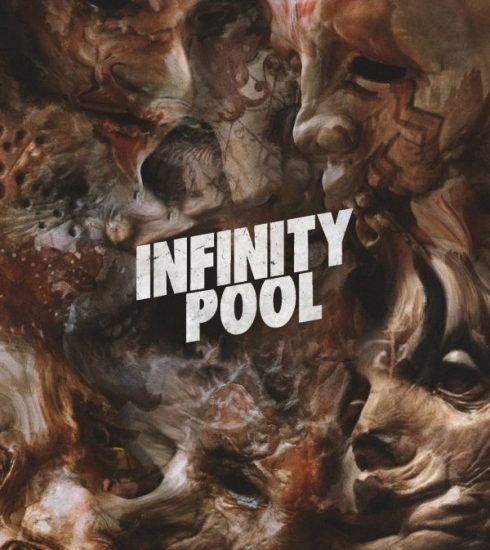Watch Of The Week: Shōgun
Shōgun warrants all the Game of Thrones comparisons being tossed around online. FX’s new adaptation of James Clavell’s 1975 swords-and-samurais novel, about feuding Japanese warlords and the British sailor who crashes the party, is brimming with the intrigue, sex, and carnage that made HBO’s long-running epic a sensation.
But co-creators Justin Marks and Rachel Kondo are reaching for something loftier. Their Shōgun is pitched somewhere between an Akira Kurosawa epic – with its elegant recreation of feudal Japan – and Martin Scorsese’s Silence. The latter is set during the late-17th century period of Catholic persecution in Japan, a reaction to the colonial tensions and decisive battles depicted in Shōgun. And the best thing about the new series is that it shares with Scorsese’s late-career masterpiece a dogged pursuit for meaning and grace while lives are cruelly sacrificed for some higher calling.

I’m not saying Shōgun deserves to be mentioned in the same breath as Kurosawa and Scorsese. But it’s exciting to see ambitious and addictive streaming-era content pursue goalposts such as these, and largely succeed.
The new limited series adapts Clavell’s intricate novel, which is loosely based on sailor William Adams, the first Englishman to end up on Japan’s shores. Adams rose to become a samurai and adviser, whispering trade recommendations into shōgun Tokugawa Ieyasu’s ear (a shōgun is a military ruler).
In the series, the Englishman is John Blackthorne (Cosmo Jarvis), a rascally voyager aiming to disrupt Portugal’s stranglehold on trade (read: colonialism) in the region. His starved crew shores up on “the Japans” in 1600, just as a power play unfolds among the land’s regents. John Wick: Chapter 4′s Hiroyuki Sanada stars as Lord Yoshii Toranaga, the stoic and strategic would-be despot who holds the audience’s allegiance. He makes Blackthorne a pawn in a slippery game of “my enemy’s enemy,” which plays off the myriad tensions between tribe, race, religion and a rogue’s gallery of players with varying degrees of discipline and loyalty. Glance at your phone and risk getting lost in the labyrinthine plot.
The biggest departure here is the shifting focus toward the Japanese characters. Where the earlier version didn’t venture far from Chamberlain’s orbit and didn’t even bother subtitling the Japanese dialogue, the new take has Jarvis’s Blackthorne happily riding shotgun in Toranaga’s story. For what it’s worth, Jarvis – who we’ve already seen play an out-of-his-depth pawn in a power grab opposite Florence Pugh in Lady MacBeth – should win heartthrob status for all the chivalrous pouting he gives here.
Blackthorne’s affections are directed at Mariko, the married woman assigned by Toranaga to be his translator, played with piercing precision by Fast & Furious 9′s Anna Sawai. She becomes the show’s gravitational centre, and not just because she’s often positioned between the two male leads.

Shōgun’s greatest tensions lie in Mariko’s constant negotiation between a fierce sense of duty and guarded emotions. We see that play out in the forbidden romance between Mariko and Blackthorne, all those discreet glances and words accented with tenderness building toward a thrilling three-way (sort of) involving a courtesan. In a weirdly beautiful sequence, the courtesan Kiku (Yuka Kouri in a lovely performance) gives over her body to express the passion between Mariko and Blackthorne, as if she’s a whole other kind of translator.
Mariko is also our primary guide to the culture in feudal Japan and often finds herself negotiating with its most troubling values and customs. She gently fights to control her own fate while resigning herself to the patriarchal structures that see women as the property of their husbands. And she’s often left searching for the words to make seppuku – a ritualised suicide – or other forms of laying down a life for honour and duty make sense. There’s a lot of glorified death in Shōgun that weighs heavily on the soul while confounding rationale. The writers – half of whom are women of Japanese American descent – seem to be working out their frustrations while trying to both honour the heritage and hold it to account. That’s what keeps Shōgun fascinating even as the double-crosses and assassinations push past the point of exhaustion.
The show keeps bumping up against these impenetrable customs, walking a fine line between romanticising and demonising. There’s a struggle in Shōgun to make sense of it all and poetry in its failure to do so.
Boluwatife Adesina is a media writer and the helmer of the Downtown Review page. He’s probably in a cinema near you.






